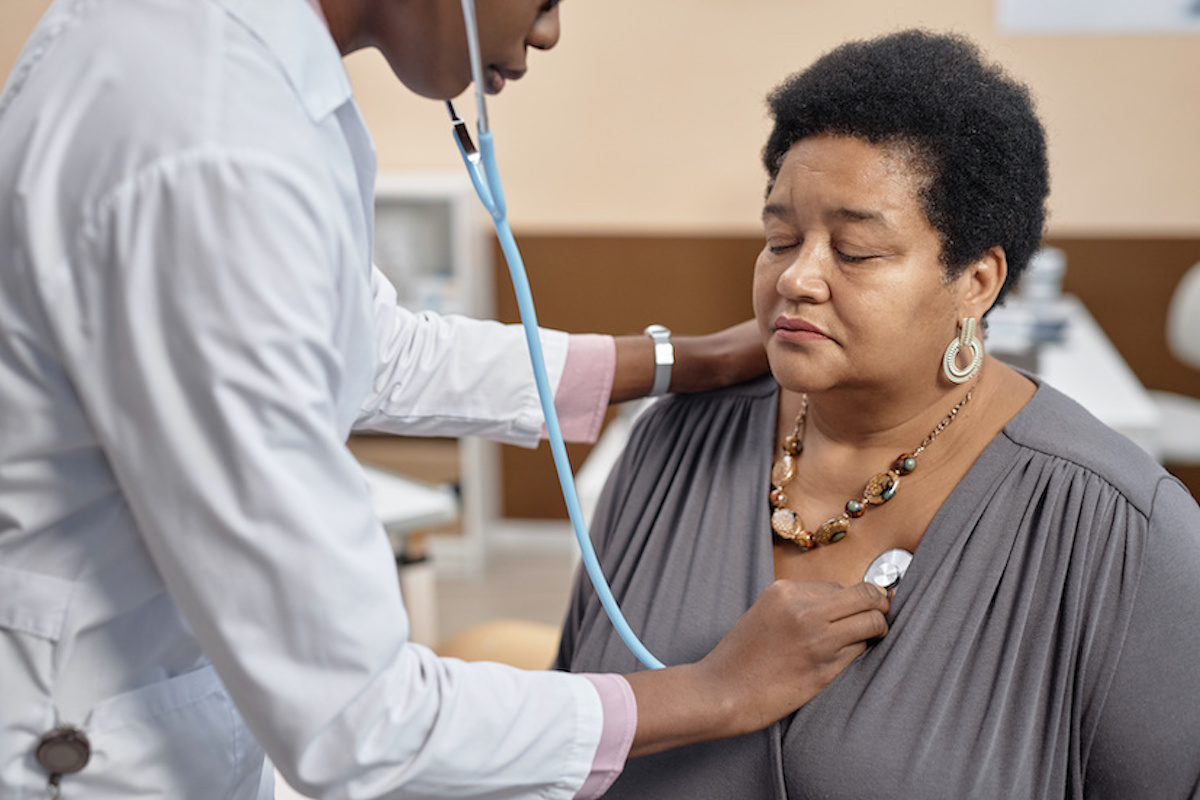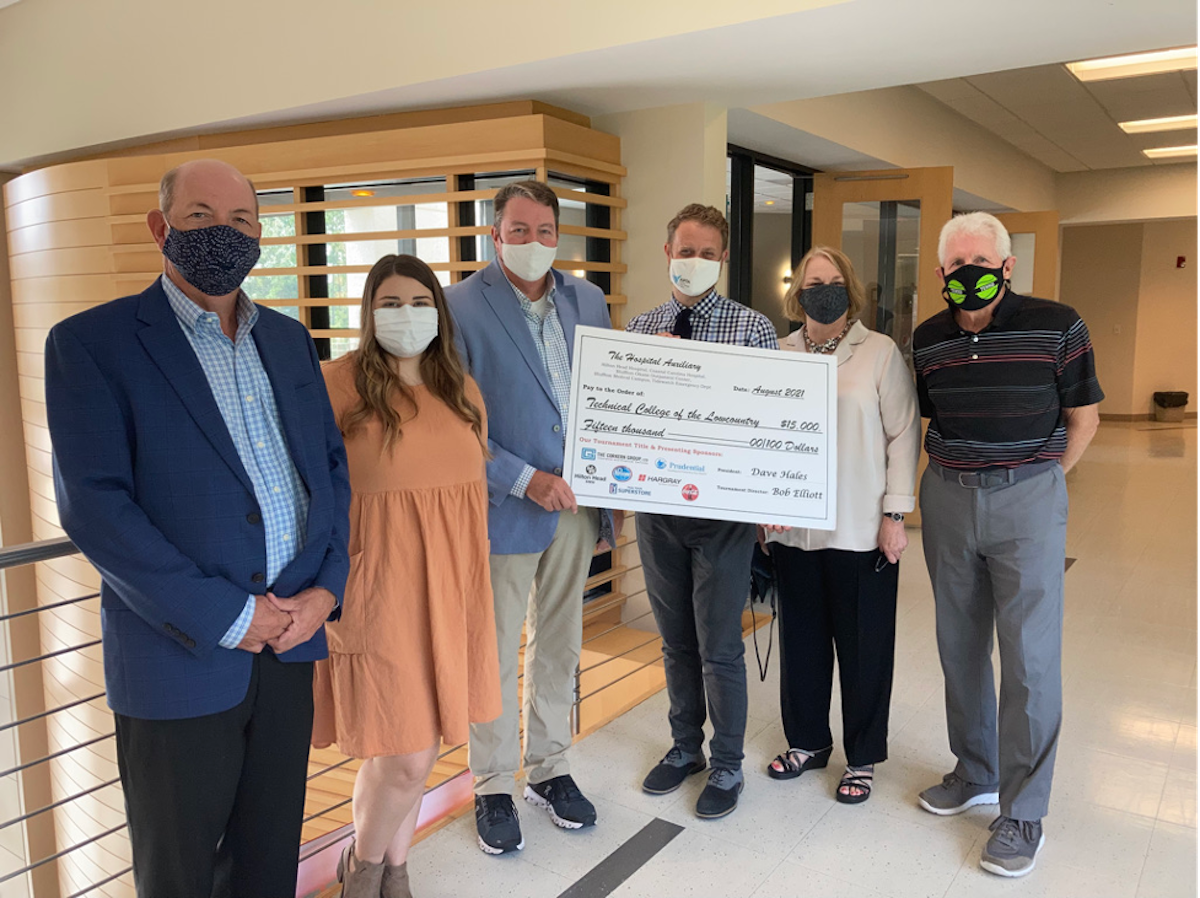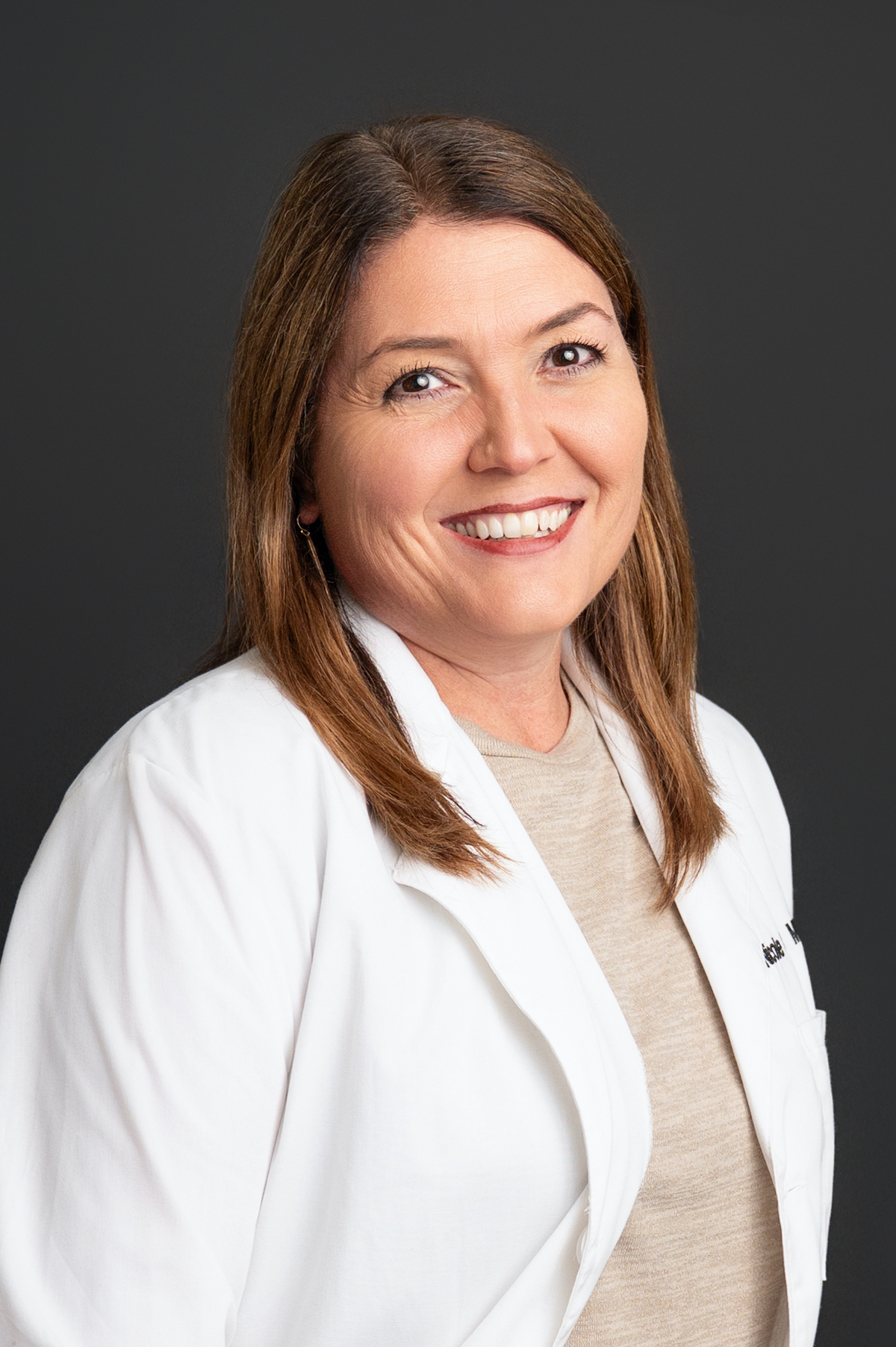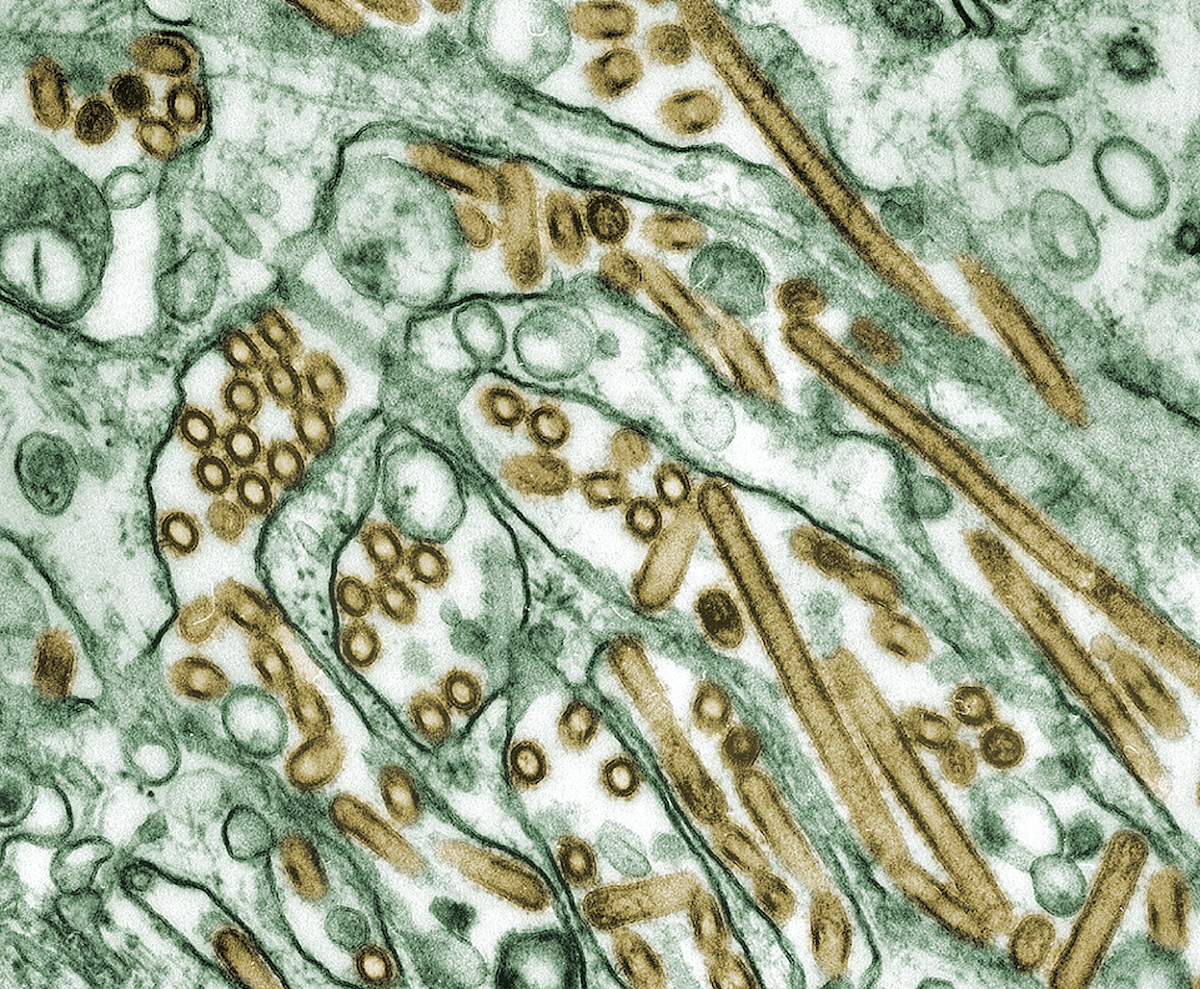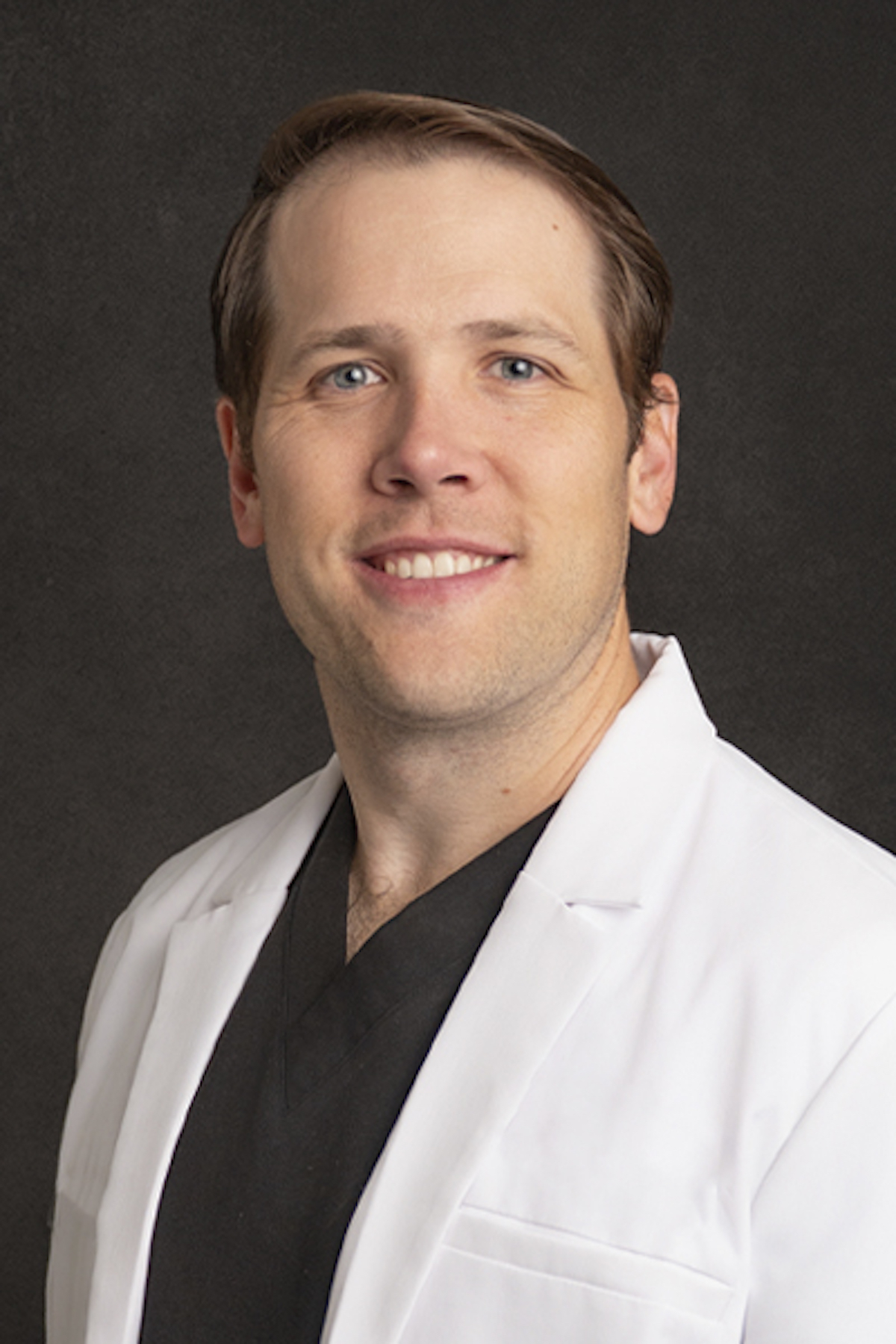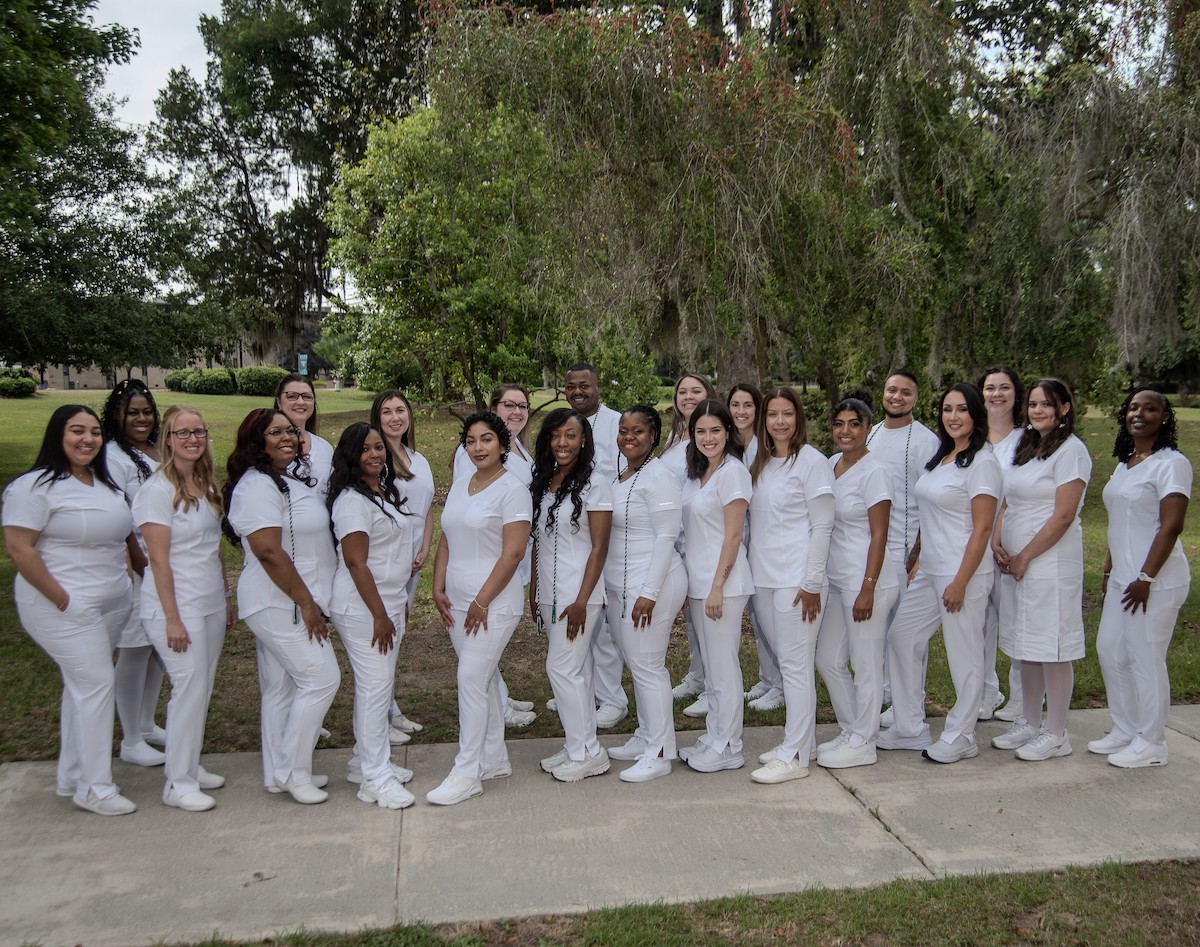How often do you hug? Do you like to sit close and hold each other’s hands? Research shows it’s good for your health. Between loving partners, between parents and children, or even between close friends, physical affection can help the brain, the heart and other body systems you might never have imagined.
For centuries, artists have examined love through poetry, painting, music and countless other arts. There is definitely a chemistry and biology of love.
At the center of how our bodies respond to love and affection is a hormone called oxytocin. Most of our oxytocin is made in the area of the brain called the hypothalamus. Some is released into our bloodstream, but much of its effect is thought to reside in the brain.
Oxytocin makes us feel good when we’re close to family and other loved ones, including pets. It does this by acting through what scientists call the dopamine reward system. Dopamine is a brain chemical that plays a crucial part in how we perceive pleasure. Many drugs of abuse act through this system. Problems with the system can lead to serious depression and other mental illness.
Oxytocin does more than make us feel good. It lowers the levels of stress hormones in the body, reducing blood pressure, improving mood, increasing tolerance for pain, and perhaps even speeding how fast wounds heal. It also seems to play an important role in our relationships. It’s been linked, for example, to how much we trust others.
One thing researchers can say with certainty is that physical contact affects oxytocin levels. People who get lots of hugs and other warm contact at home tend to have the highest levels of oxytocin in the laboratory. It is believed that frequent warm contact may somehow prime the oxytocin system and make it quicker to turn on whenever there’s warm contact, even in a laboratory.
The same holds true for mothers and infants: they both produce higher levels of oxytocin when they have lots of warm contact with each other. Women who hold their babies more at home have higher responses when they hold their baby in the lab.
Much of what we know about oxytocin has come from research in animals. Other mother mammals, for instance, can stimulate oxytocin in their young by licking and grooming them. This loving care has long-term effects.
Most of us are genetically programmed to form social bonds. But, the ability to form close bonds is shaped by early experiences. In the end, a complex interaction of genes and experience makes some people form social bonds more easily than others.
We may not yet fully understand how love and affection develop between people—or how love affects our health—but research is giving us some guidance. Give those you love all the affection you can. It can’t hurt, and it may bring a bounty of health benefits.
Source: www.newsinhealth.nih.gov
Exclusive content from CARE Magazine





